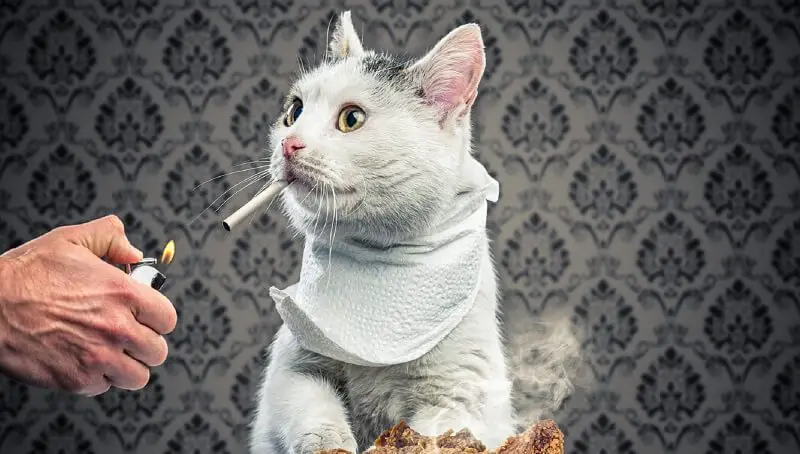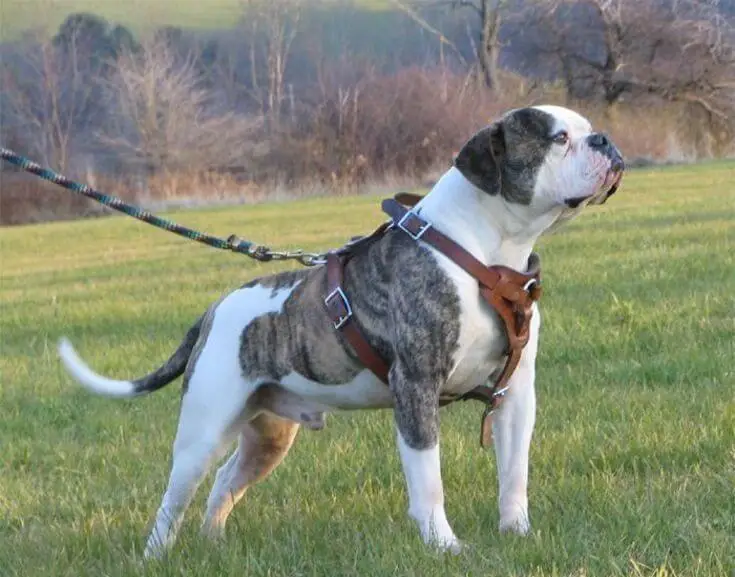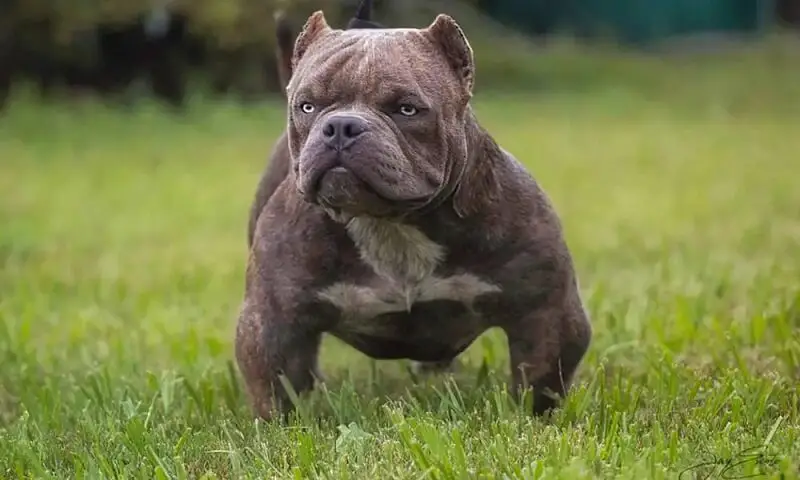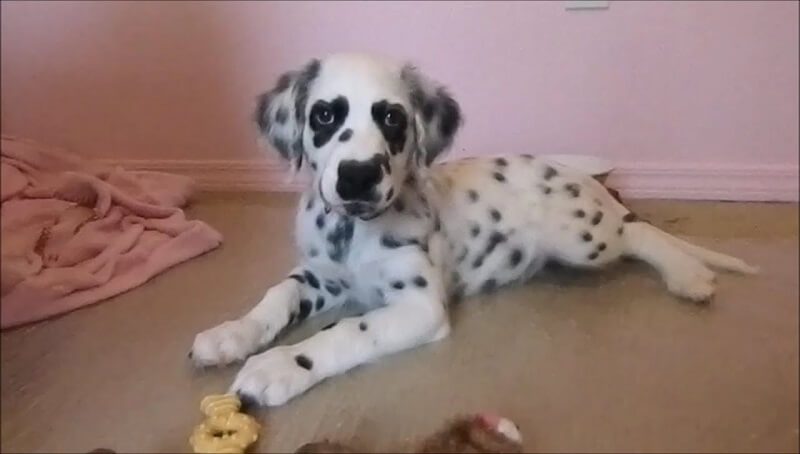Everyone knows the risks faced, both by smokers and the ones who are exposed to cigarette smoke repeatedly. What is not known to everyone is the harmful effect of cigarette smoke on pets who live in a house where there’s regularly smoking. To clarify, passive smoking can be translated in two ways:
- direct inhalation of cigarette smoke;
- smoke residue left on skin, fur, clothing, or furniture, even after the room has been well ventilated.
Pets spend more time at home, even more than you do, and therefore, they are exposed to harmful substances for a longer period of time.
Below I will go over how cats and dogs are influenced by exposure to cigarette smoke.
Side effects of passive smoking in cats
Cats are at an increased risk of developing mouth cancer and lymph nodes due to passive smoking.
When cats clean their fur, they will also lick the toxic substances that have accumulated on their hair strands. This behavior exposes the oral mucosa to carcinogenic substances.
There is a study published in the American Journal of Epidemiology that shows that cats living in homes where owners smoke a pack of cigarettes up a dayor more have an increased risk of developing lymphoma.
You might also like my articles on:
- Why are dogs breathing fast but not panting
- Why are puppies breathing fast when sleeping
- Why is a dog’s nose warm
This study, along with many others, also suggests a strong link between oral cancer in cats and passive smoking, due to the ingestion of smoke residues, which I was talking about above.
Cats, with smoking owners, are 3 times more likely to develop diseases than those who live with non-smokers.
Side effects of passive smoking in dogs
Dogs can become seriously ill after long-term exposure to cigarette smoke. Two studies concluded that there is a clear link between living in a smoke-filled environment and the types of respiratory cancer in dogs.
It has also been shown that the type of cancer it develops is influenced by the shape of the dog’s head. Cancer that is located in the nasal cavity (i.e., the nose) is developed mostly in dogs that live among those who smoke. If the animal spends time in a room with a person who smokes, the risk of developing cancer is 2.5 times higher.
The risk of nose cancer is 250% higher in long-nosed breeds that have been exposed to cigarette smoke because the surface of the nasal cavity is larger.
On the other hand, short-snout breeds are more prone to lung cancer under the same conditions. In this case, the risk of cancer is in the lungs because the smoke goes directly into the body and is not completely exhaled.
This information is very logical. A long nasal canal is more effective in filtering toxins from cigarette smoke, which protects the lungs. Instead, toxins reach the lungs faster, causing damage if the nose is short.
Side effects of passive smoking on small animals
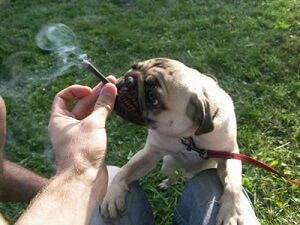 Birds are extremely sensitive to polluted air and are at increased risk of lung cancer and pneumonia when exposed to cigarette smoke.
Birds are extremely sensitive to polluted air and are at increased risk of lung cancer and pneumonia when exposed to cigarette smoke.
Passive smoking is also very dangerous for rabbits, from which it causes heart problems.
Here is a list of the common diseases your pet can develop if they are exposed to passive smoking:
- Cancerous tumors in the mouth, nose, lungs, ganglion, etc.;
- Heart disease;
- Breathing problems, coughing, choking, bronchitis, etc.;
- Eye irritation that in time leads to gradual loss of vision;
- Chronic, painful, and exhausting cough;
- The risk of lymphoma, a common malignant tumor in cats that greatly shortens their life expectancy.
Symptoms of passive smoking:
- Breathing problems, asthmatic seizures;
- Excessive salivation;
- Vomiting;
- Diarrhea;
- Heart problems;
- Skin irritations.
The nicotine in cigarettes is also highly toxic to cats and dogs if ingested. Therefore, you need to be careful and avoid leaving cigarettes in places where your pets can reach them.
In conclusion, science shows that passive smoking is very dangerous, not only for humans but also for the animals in our homes. So, if you need to smoke, then do it outdoors and avoid exposing your pet to cigarette smoke as much as possible.
